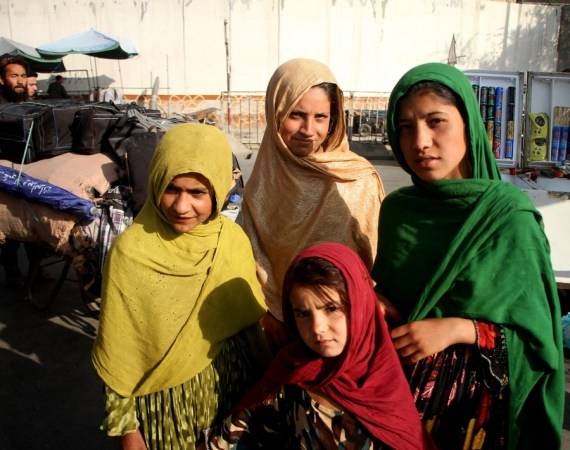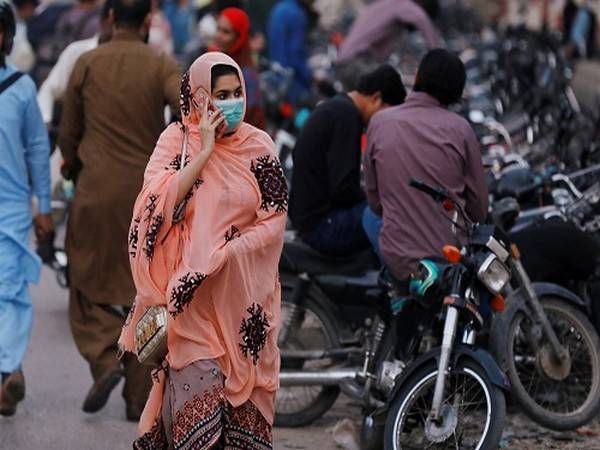Analysts noted that women who are employed and have access to income and financial resources can work far better than men in promoting the welfare of their families and producing livelihoods….reports Asian Lite News
Amid the rising inflation in Pakistan, Analysts said that if there will be a sole breadwinner in the family, where women are not allowed to work independently, the poverty will increase and economic prosperity decreases.
Writing in an opinion piece in Daily Times, Mehmil Khalid Kunwar, said that Gender disparity in Pakistan is widespread owing to the patriarchal nature of society and male dominance in almost all the spheres of public life.
“Women in our country are not encouraged to make full use of their abilities and get financially independent. It has been reported by various NGOs that women in rural areas are forced to marry early so they cannot seek education and those who find this opportunity are not permitted to get themselves employed anywhere. Gender inequality exists in different dimensions in the country-health, education, employment, remuneration, etc-and has diminished their capabilities and confined their existence to home. When gender inequality increases, it affects the economic status of a family,” Kunwar said.

“It has been found that those families where only men are working to earn livelihood are experiencing more poverty as compared to those where both are contributing equally. The prospect of economic prosperity decreases when the onus to earn is shifted on a single member of the family that enjoys a limited income, making it difficult to survive in these times of rising inflation in the country,” Kunwar added.
Analysts noted that women who are employed and have access to income and financial resources can work far better than men in promoting the welfare of their families and producing livelihoods.
According to the World Economic Forum’s (WEF) Global Gender Gap Report 2021, Pakistan was ranked 153rd out of 156 countries on gender inequality. The report pointed out that women in Pakistan do not have equal access to justice, ownership of land and non-financial assets or inheritance rights.
Since Imran Khan came into power in 2018, Pakistan’s Global Gender Gap Index has worsened over time.
In 2017, Pakistan ranked 143rd on the 2017 Global Gender Gap Index. However, in 2018, it slipped to the 148th spot. The country’s ranking dipped further as it secured 151st on the 2020 Global Gender Gap Index. (ANI)

